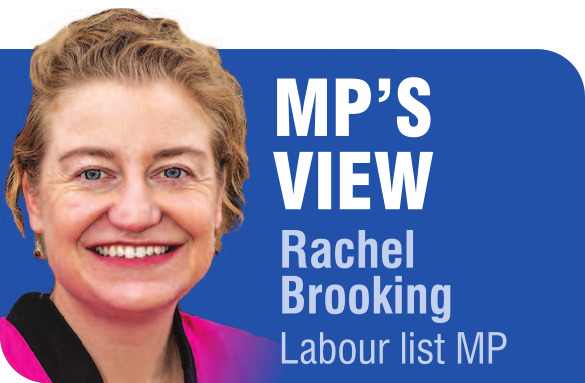Top Stories
New Zealand’s Medical School Plan Faces Scrutiny and Doubts

The New Zealand government’s proposal to establish a new medical school in Waikato is receiving significant criticism. While officials claim that this initiative will expedite the training of doctors, a detailed business case reveals multiple flaws in the plan. Released shortly after the announcement, the analysis indicates that the decision may be based on misleading assumptions.
The government’s argument for the Waikato Medical School is predicated on the notion that a four-year graduate-entry programme would be a more cost-effective alternative to the traditional six-year degrees offered at the University of Otago and the University of Auckland. However, this perspective fails to account for the prerequisite three-year bachelor’s degree that students must complete before entering the graduate programme. Consequently, the assumption that the new school will result in lower operational costs is questionable.
Critics highlight that the government has not considered the option of expanding existing programmes at Otago and Auckland, which already have established infrastructure and teaching expertise. Instead of investing in a new institution, the government could enhance the capacity of these successful schools, potentially increasing the number of graduates more swiftly and efficiently.
Furthermore, the government has modelled its projections on an Australian programme, suggesting that the new Waikato school will significantly increase the number of general practitioners (GPs) working in rural areas. This assumption raises concerns, as it estimates that 38% of Waikato graduates would enter GP roles, compared to 23% with increased intake at the established universities and 33% through a joint rural training programme. This speculation contradicts insights from Prof. Warwick Bagg, Dean of the University of Auckland’s medical school. He stated that current programmes already see approximately 35% of graduates pursuing GP careers eight years post-graduation.
The implications of establishing the Waikato Medical School also extend to the existing rural training programmes affiliated with Otago. Questions remain about how the introduction of a new school would affect current placements and rural health initiatives already in place.
Critics argue that the Waikato school proposal is politically motivated, presented to the National government as a “gift” while overlooking other viable avenues for addressing the doctor shortage in New Zealand. By expanding the current medical schools, the government could produce more doctors in established environments without the need for costly new infrastructure.
As the March 2024 deadline approaches for the government to clarify its plans, there is a growing sentiment that the current administration, led by Prime Minister Christopher Luxon, is out of touch with the health needs of New Zealand. Stakeholders emphasize the importance of focusing on effective solutions that prioritize the health system and the needs of patients rather than pursuing politically expedient projects.
New Zealand’s health sector is at a critical juncture, and the government’s approach to medical education will significantly impact the future availability of healthcare professionals. The question remains: will the government heed the evidence and reconsider its strategy, or will it continue down a path that many view as misguided?
-

 World4 months ago
World4 months agoTest Your Knowledge: Take the Herald’s Afternoon Quiz Today
-

 Sports4 months ago
Sports4 months agoPM Faces Backlash from Fans During Netball Trophy Ceremony
-

 Lifestyle4 months ago
Lifestyle4 months agoDunedin Designers Win Top Award at Hokonui Fashion Event
-

 Entertainment4 months ago
Entertainment4 months agoExperience the Excitement of ‘Chief of War’ in Oʻahu
-

 Sports4 months ago
Sports4 months agoLiam Lawson Launches New Era for Racing Bulls with Strong Start
-

 World5 months ago
World5 months agoCoalition Forms to Preserve Māori Wards in Hawke’s Bay
-

 Lifestyle4 months ago
Lifestyle4 months agoDisney Fan Reveals Dress Code Tips for Park Visitors
-

 Health4 months ago
Health4 months agoWalking Faster Offers Major Health Benefits for Older Adults
-

 Politics4 months ago
Politics4 months agoScots Rally with Humor and Music to Protest Trump’s Visit
-

 Top Stories5 months ago
Top Stories5 months agoUK and India Finalize Trade Deal to Boost Economic Ties
-

 Health2 months ago
Health2 months agoRadio Host Jay-Jay Feeney’s Partner Secures Visa to Stay in NZ
-

 World5 months ago
World5 months agoHuntly Begins Water Pipe Flushing to Resolve Brown Water Issue









